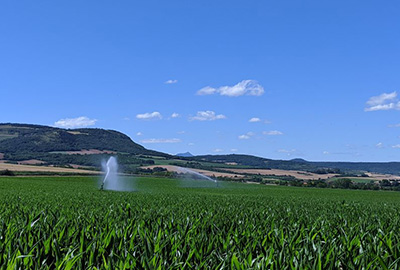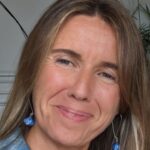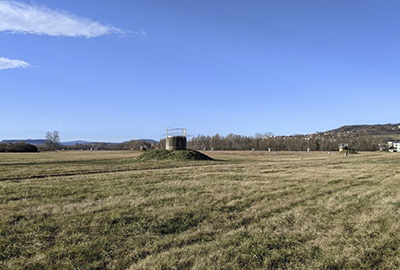AUVERWATCH
Projet AUVERWATCH
Suivi sur le long terme des masses d’eau auvergnates
Réseau de suivi sur le long terme des masses d’eau auvergnates depuis 2014.
Le Service d’Observation AUVERWATCH est un réseau de suivi sur le long terme des masses d’eau auvergnates (aquifères volcanique, alluvial, cristallin, eaux de surface, pluie).
Opéré depuis 2014, conjointement par des chercheurs et des acteurs régionaux publics et privés du domaine de l’eau, AUVERWATCH pose la question de l’évolution de la qualité et de la quantité des eaux régionales face aux pressions croissantes liées à la fois aux activités humaines (urbanisation, croissance démographique, concurrence pour la ressource en eau, contamination ….) et aux modifications du climat.
AUVERWATCH comprend actuellement neuf sites, mesurés du point de vue de l’hydrodynamique et de la physico chimie, et échantillonnés mensuellement en vue de l’analyse de 100 à 500 paramètres (chimie minérale, organique, isotopique et microbiologie) selon les sites.
Les questions scientifiques développées dans AUVERWATCH s’orientent selon 3 axes :
- Caractériser l’évolution de la ressource en eau, en quantité et qualité, face au changement global climatique et socio-économique ;
- Évaluer la réactivité des hydrosystèmes alluviaux, cruciaux pour l’exploitation régionale (70% tous usages confondus), face à la contamination ;
- Confronter études et besoins des acteurs régionaux pour les aider à mieux gérer les ressources en eau
En bref
Durée du projet : 2014-2024
Financement : 50 k€ / an
Coordination du projet :
- Hélène Celle, laboratoire Chrono-environnement
- Gilles Mailhot, Institut de chimie de Clermont-Ferrand
Personnes référentes au sein du laboratoire :
- Hélène Celle, Professeure – UMLP, GEODE, GT E.A.U.helene.celle@-Code to remove to avoid SPAM-univ-fcomte.fr, +33 (0)6 33 59 01 04, bureau -132L (La Bouloie)
Autres membres du laboratoire impliqués :
Personnels recrutés :
Labellisation nationale / internationale :
- SNO H+ (réseau national des sites hydrogéologiques, INSU),
- SNO RENOIR (réseau national d’observations des isotopes dans les précipitations, INSU)
- IR OZCAR (observatoire de la zone critique : applications et recherches, INSU)
- eLTER (European Long-Term Ecosystem Research infrastructure, ESFRI)
- Global Network for Isotopes in Precipitation (AIEA, ONU)
Partenaires et laboratoires associés :
- Université Clermont Auvergne (ICCF, GEOLAB, LMV, FRE)
- Université de Bourgogne Franche-Comté (Chronoenvironnement, Femto ST)
- Université de Corse (SPE)
- Université de Poitiers (IC2MP)
- Université de Rennes (Géosciences)
- Université de Reims (GEGENAA)
En savoir plus
Désolé, pas d'actualité pour l'instant !




